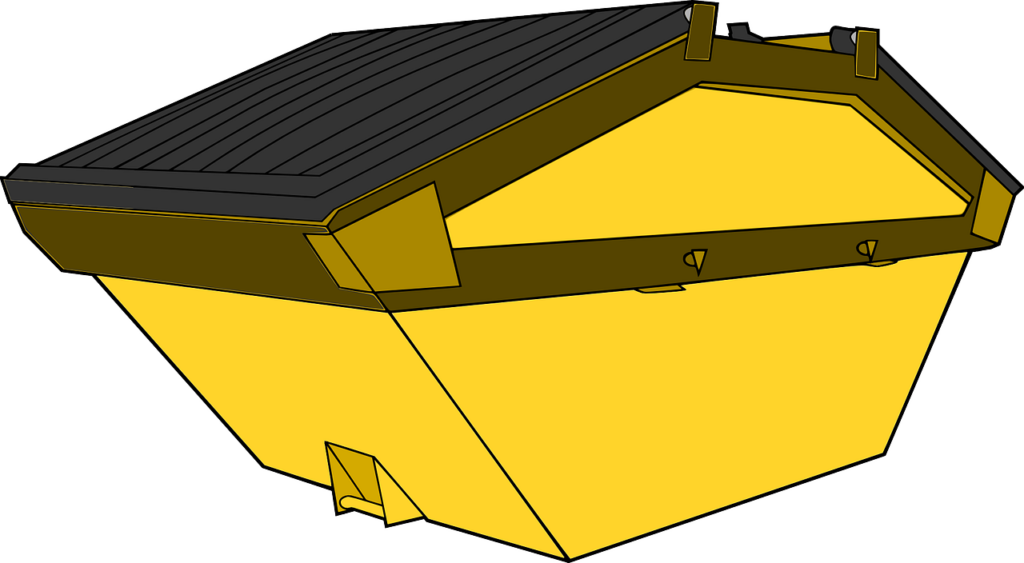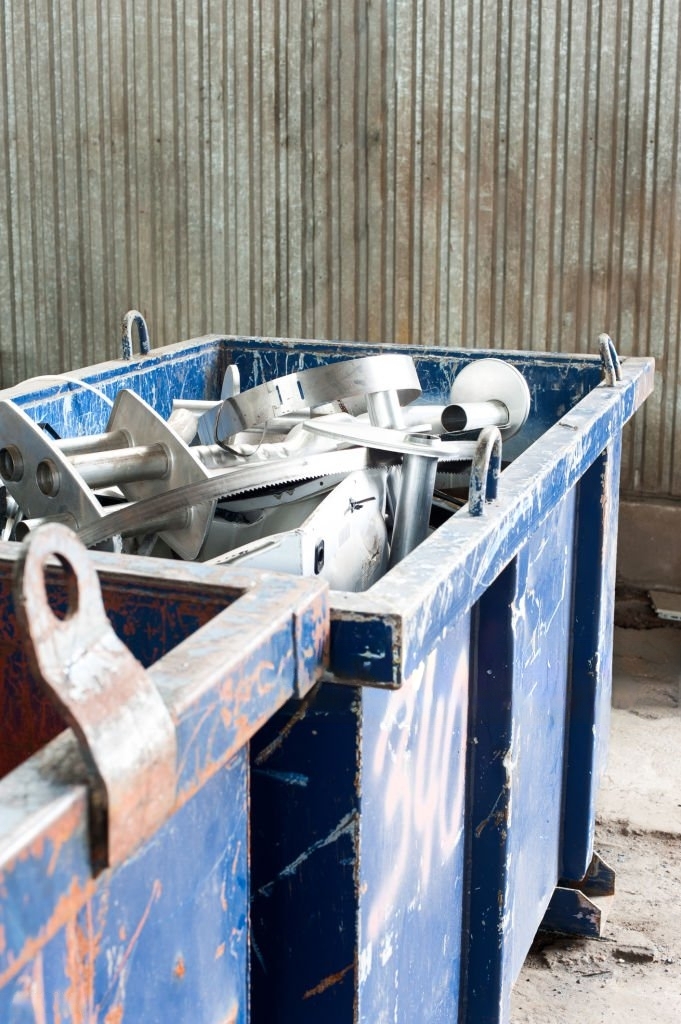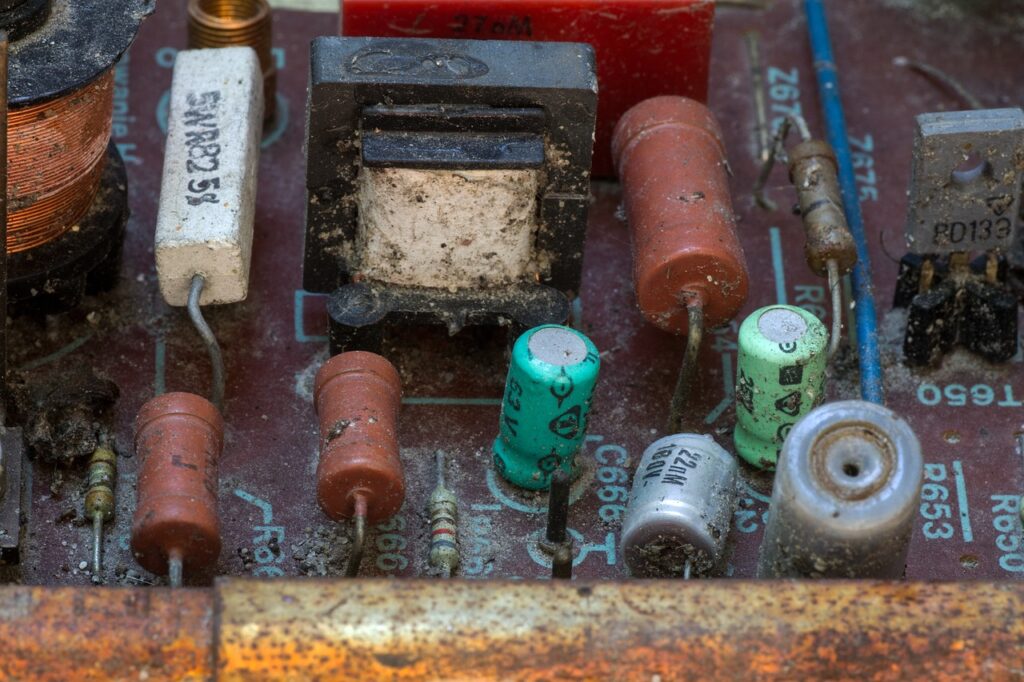Melbourne, the vibrant coastal city of Australia, is witnessing a green revolution in aluminum recycling. As a sustainable and eco-conscious city, Melbourne is taking impressive strides towards recycling aluminum products, from everyday consumer items to industrial behemoths. This article explores the various aluminum products being recycled in Melbourne, the types of skip bins used for collection, and the methods that are driving this remarkable environmental transformation.
Aluminum Recycling in Melbourne: A Diverse Spectrum
Melbourne’s commitment to sustainability extends across a wide range of aluminum products, with a focus on reusing, reducing waste, and conserving resources:
- Consumer Products: From beverage cans to kitchenware and electronic devices, Melbourne residents are encouraged to recycle their aluminum consumer products. These items can be found in curbside recycling bins provided by the local councils.
- Commercial Products: Various businesses and offices in Melbourne are also actively involved in aluminum recycling. Office equipment, furniture, and even office construction materials that contain aluminum components can be collected for recycling.
- Industrial Products: Melbourne’s industrial sector contributes significantly to aluminum recycling. Machinery, equipment, and structural components with aluminum content are sent to recycling facilities. Skip bins suitable for heavy industrial waste are utilized for this purpose.
- Aluminum Packaging/Containers: In Melbourne, the use of aluminum packaging and containers is widespread. This includes aluminum beverage cans, food packaging, and even pharmaceutical containers. Specialized skip bins designed for aluminum collection are strategically placed for easy access.
Skip Bins for Aluminum Collection: Tailored Solutions
To ensure efficient and eco-friendly aluminum recycling, Melbourne employs a variety of skip bins specially designed for different types of aluminum products:
- Curbside Recycling Bins: For consumer products like aluminum beverage cans and kitchenware, residents are provided with curbside recycling bins. These bins are collected by local waste management authorities and transported to recycling facilities.
- Commercial Skip Bins: Businesses and offices utilize skip bins suitable for commercial waste, including aluminum products. These bins are often available in various sizes to accommodate the specific needs of the establishment.
- Industrial Skip Bins: For heavy industrial aluminum waste, Melbourne employs industrial skip bins that are robust and large in capacity. These bins are strategically placed at industrial sites and construction areas.
- Aluminum Collection Bins: Specialized aluminum collection bins are placed near locations where aluminum packaging, containers, and other similar items are disposed of. These bins are distinctively marked for easy identification.
Recycling Methods Driving Change:
Melbourne’s aluminum recycling methods are driven by the city’s commitment to sustainability:
- Sorting and Separation: Aluminum recycling facilities employ advanced sorting and separation technologies to identify and segregate aluminum products from other materials.
- Melting and Refining: Once sorted, aluminum products are melted and refined to create new aluminum products. This process saves significant energy compared to producing aluminum from raw materials.
- Closed-Loop Recycling: Melbourne promotes a closed-loop recycling system where aluminum products are continually recycled into new products, reducing the need for raw materials.
- Eco-Conscious Awareness: Melbourne’s residents and businesses actively participate in recycling programs, promoting eco-consciousness and responsible waste disposal.
Conclusion:
Melbourne, Australia, is at the forefront of the aluminum recycling revolution. By actively recycling a diverse range of aluminum products, utilizing specialized skip bins, and employing innovative recycling methods, the city is making significant strides toward a more sustainable and environmentally conscious future. This commitment to aluminum recycling not only conserves valuable resources but also helps reduce the city’s carbon footprint and protect its natural beauty for generations to come.



